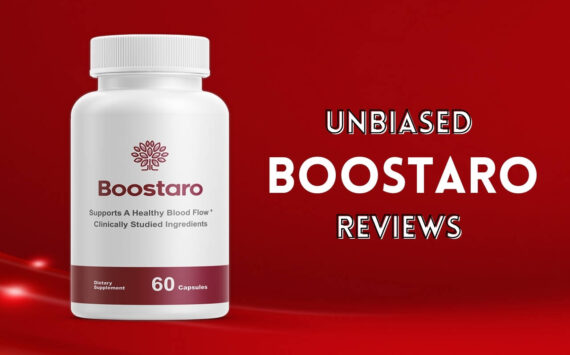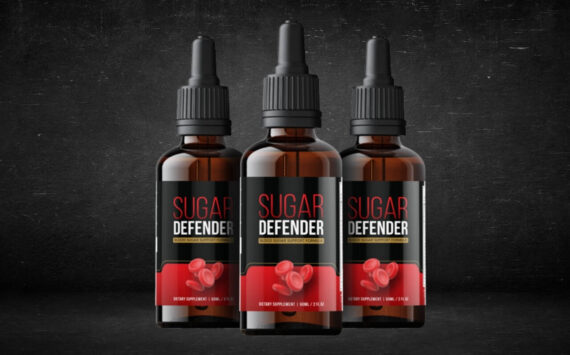I like to keep my finger on Marysville’s pulse to detect change. Like my doctor, I need to know if there have been any significant happenings that might account for change.
Of course change is inescapable. Fresh change comes as newcomers settle and new businesses open their doors. Normal change happens as we adjust to make things more practical, comfortable, efficient and profitable. Seen over time, normal change is rather like watching a restless dog remaking his bed.
Change of a more subtle type occurs as newish shops and offices and families weather first years of settling into lasting relationships with us. Or they lose footholds and wither or move away. Change is always a mix of ups and downs.
As local businesses change hands it’s a rare one that passes from parents to the next generation nowadays. With a world of opportunity beckoning, it’s normal that kids want to go their own ways. Businesses get gobbled up in high-pressure buy-outs or lose clientele to big boxes. Since many of us are affected when change happens, it’s important to take a look at the dynamics as a town transitions from home-owned operations to corporate ownership.
Let’s say that Podunk, population 248, is too small a market to draw the interest of big chains. But when the nearby interchange project connecting north-south traffic with the east-west freeway is completed, Mel and Edie who run the Podunk Café will be competing with brand new travelers’ convenience outlets offering everything from bananas and Band-Aids and jo-jos and jumbo corn-dogs. It will happen because advance men sifted through maps and court house records like prospectors of old to determine that the new Podunk interchange might generate a profit.
Mel and Edie are home-grown proprietors. Eateries at the new interchange will be run by managers who may not own a single share of stock in the companies they serve. Mel and Edie decide what flavors of pie to serve and how to display them while the corporate managers place the pies they’re assigned just-so in corporation refer-cases. Mel and Edie deposit their proceeds in the nearest bank while the managers’ gross receipts wing off to corporate headquarters in Minneapolis.
Town councils should be tracking changes in the ratio of home-owned to corporate-owned businesses. But that ratio will only show the tip of the iceberg. The real significance lies in the ratio of total receipts between the two sectors. If home-owned and corporate-owned businesses may be likened to two vacuum hoses siphoning disposable income from Podunk, the turbo-charged corporate siphon is capable of sucking up everything but pennies dropped in parking lots.
The ownership mix of Marysville businesses is changing. Corporate-owned big-boxes and grocery chains now skim the lion’s share of sales. Tribally owned businesses are hybrids that may or may not be managed by corporate specialists. The next smaller tier, typified by NAPA, Radio Shack and Rite-Aid, is a mix of local franchise operators and corporate managers, usually determined by how much inventory and space are required. Local entrepreneurs can own smaller outlets that are supplied, decorated and operated according to corporate formulas. Think Subway or McDonalds.
In today’s business climate, true locally owned and operated businesses occupy niches too small or specialized to attract corporate predators. Barber shops, specialty shops, hometown restaurants, bicycle shops and professional services typify this level. Some shops with roots in Marysville’s past have been able to defy corporate creep. Think Hilton Drugs or Don’s Restaurant. In between are regional chains like Bartell Drugs, a third-generation Puget Sound chain with less than 80 outlets. Bartell’s is one of only three regional drug chains in the nation that haven’t been grabbed up by giants like Walgreens and Rite Aid
Corporate creep shows up on public facilities that sign away their identities for a fee. Comcast Arena, Quest Field, Safeco Field and Key Arena for a few. It shows up among elected officials who sign away their integrity for corporate donations to campaign funds and promised future rewards.
It appears on consumer goods that leave shops as mobile billboards for their makers. It’s cool to wear Old Navy, Aeropostale or to carry Louis Vuitton. It’s cool for cars and pickups to display decals advertising ignition, exhaust and tire makers, even when they aren’t part of the vehicles. Consumers dote on Rolex, Ford, Harley-Davidson, K-2, Smith and Wesson, and Seahawk products. Corporate America’s analysts are watching to see which we fall for. They know our TV favorites, leisure pursuits and purchases.
Every business needs planners and dreamers but an economy built of Big Business uses a fraction of what’s needed by small business. And studies show that big business leaders maintain cliquish relationships that think with one mind. This may be good for business, but it is not good for the economy or the nation. That paradox surfaces wherever corporate giants rule. For example, monopolistic bigness might be good for the bottom lines of ADM, Cargill, Monsanto and DuPont but it clearly undermines the quality of American agriculture and diet.
We need to keep a watchful eye on corporate creep and consider where it’s taking us.
Comments may be addressed to robertgraef@comcast.net.







